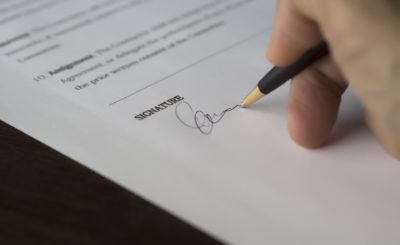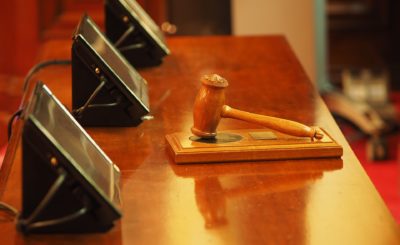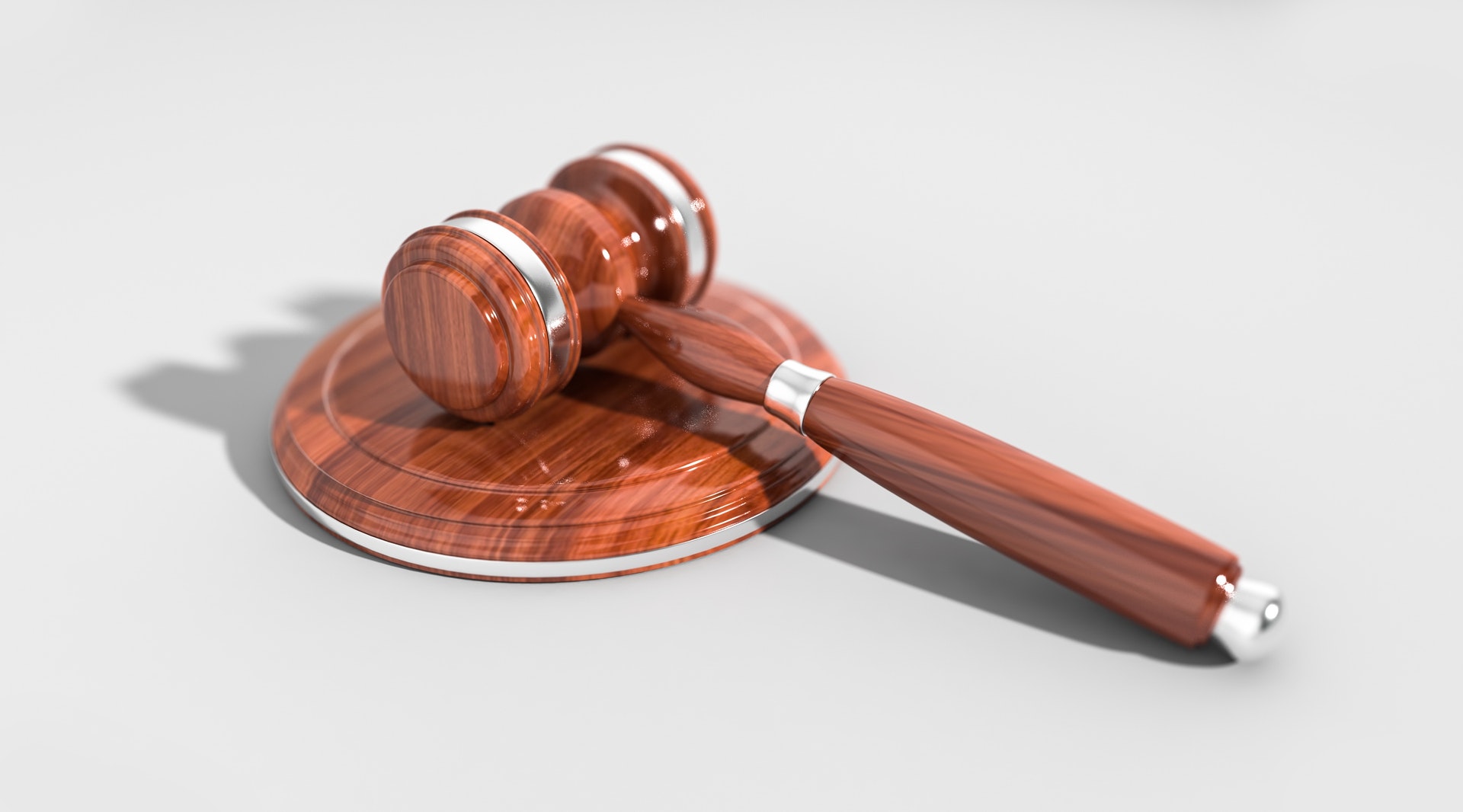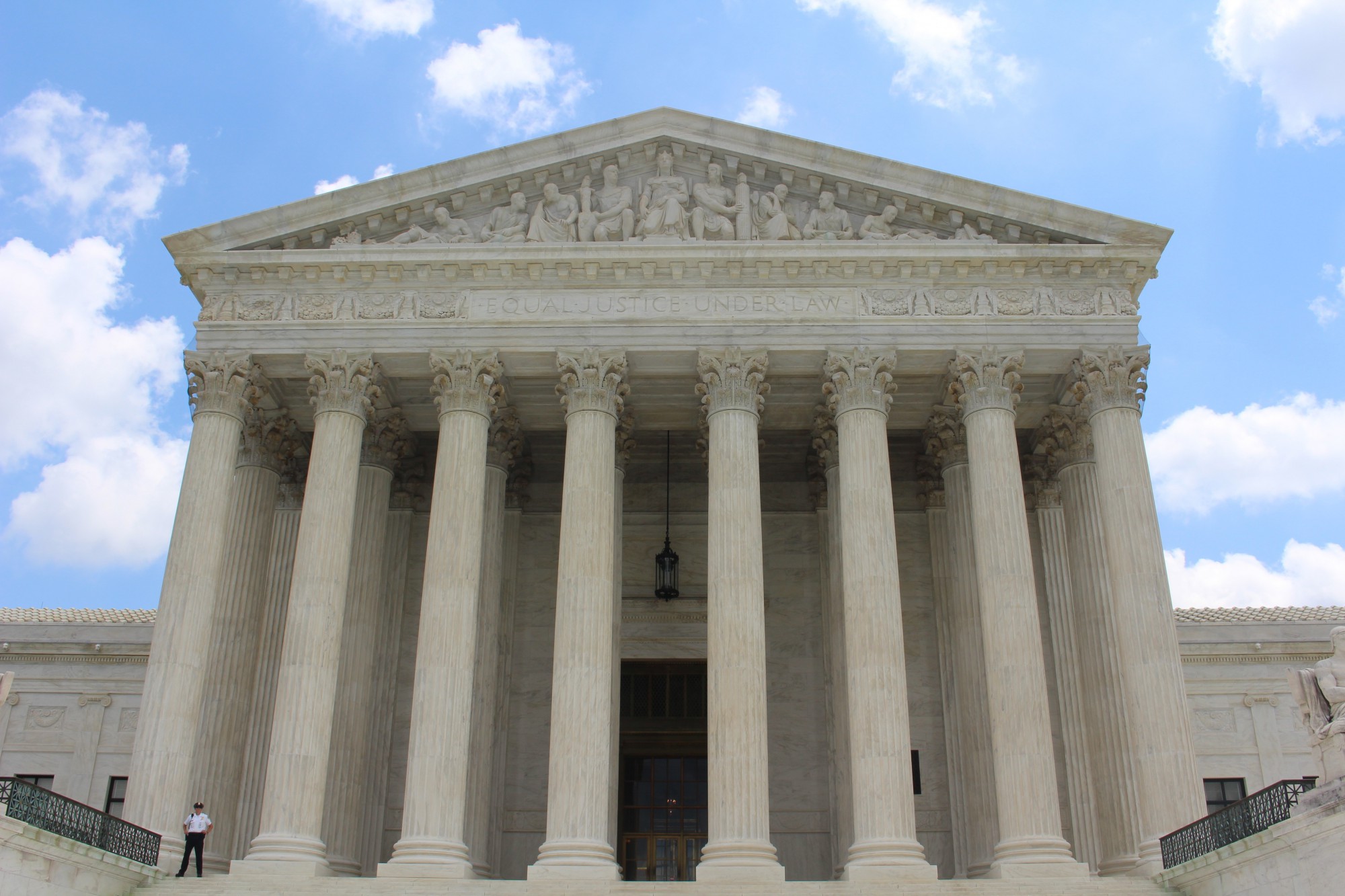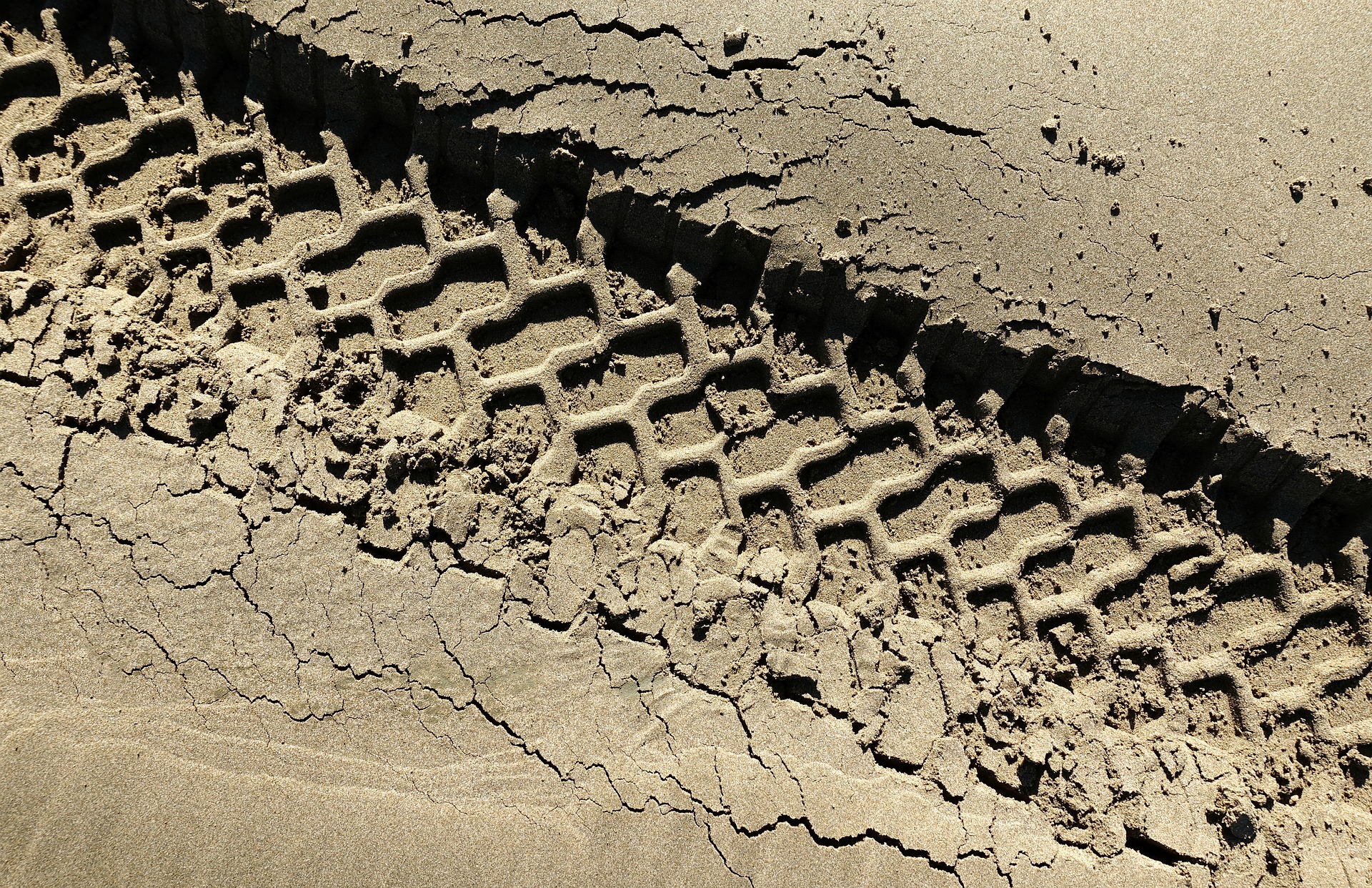Your reading this because either you’re a law student that wants to know more information on exactly what depositions entail, or you are an individual that has been summoned to appear at a disposition. This article will provide you important details regarding depositions, what they are, what you should be aware of and their purpose in the court of law.
Many television shows may have surprise witnesses that can pop up at any time during a criminal or civil case drastically altering the outcome. However, on a more realistic basis there are no surprise witnesses. The deposition court procedure prevents surprise witnesses because deposing a witness strictly occurs during the discovery phase, which occurs before the trial even begins. A deposition occurs after there has been a summons filed . The reason for the deposition is to obtain important or relevant information for trial. Although most the info that is obtained is known a hearsay, it helps to provide a foundation for testimony.
Discovery Process
When a lawsuit occurs all parties named in the lawsuit conduct discovery. Discovery is best summed up as a formal investigation by each party to understand and learn all the facts of the case. Obtaining such facts helps each party to better create strategy for trial or negotiation and to reduce any delays that could occur during trial. Discovery includes such things as subpoenas for documents related to the case, written questions (known as interrogatories), and of course depositions (oral statements from witnesses and important individuals) prior to trial that are conducted under oath.
Deposition Basics
A deposition has two clear main purposes:
- Find out what the witness knows
- Have record of the witness’s truthful testimony
- Enable parties to learn all relevant information prior to trial
- Determine if a witness’s testimony would undermine a potential case
Deposition Step 1: Swearing In
The first step of the deposition process is the swearing-in of the witness. A witness must be sworn in under oath before any questioning or information can be attained. A court reporter must then take their contact information for the record. It is also vital for a witness to understand that they are under oath and that any question if answered will have the presumption that they are answering it with knowledge and full understanding. If a witness does not understand the question they should indicate as such.
Deposition Step 2: Questions by an Attorney
The second step of the deposition is an examination by an attorney of one o the parties. An examination by an attorney at a deposition does not involve a judge. Rather it is simple an opportunity for one of the attorney’s of a party to a ask a number of questions to a witness. Opposing counsel is also generally present and can object to any questions made by the other party’s counsel. The witness will still be required to answer the questions however the objection will be recorded for the judge to determine if the question is admissible in court. An attorney will also need to make sure all answers by the witness are made vocally as non verbal responses cannot be recorded for the court to read.
Deposition Step 3: Cross Examination by other parties Attorney
After one party has completed questioning a witness the other party’s attorney may cross-examine the witness as well. This allows the attorney who has not asked questions to ask follow-up questions or ask questions about other information that may help their case or negatively impact the other party’s case.
How Depositions Actually Work
If you have not already guessed, depositions happen in attorney offices or neutral conference areas, or where a witness is (such as a jail). They do not occur in courts. The questions that the attorney asks the witness relate to events or facts closely relate to the case at hand. The questions and answers are recorded by a court reporter who types them verbatim. In some situations a deposition is also videotaped. Deposition questions because of their nature are generally broader than what questions are allowed n court and hearsay is rampant. Depositions can be as short as 30 minutes to as long as several hours or even up to a week. Any false statements made during a deposition can lead to either civil or criminal penalties.


